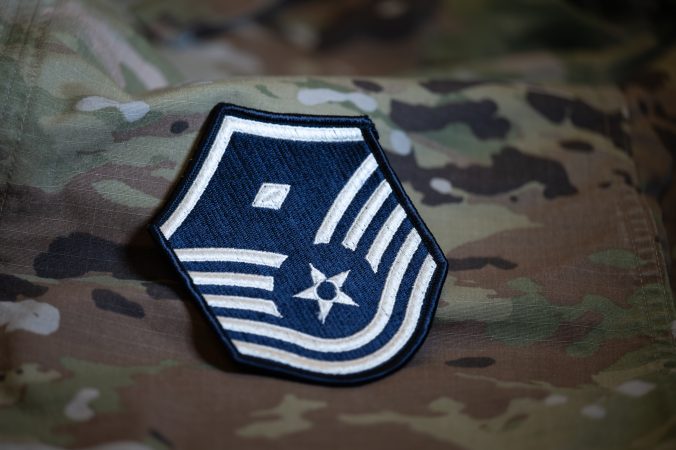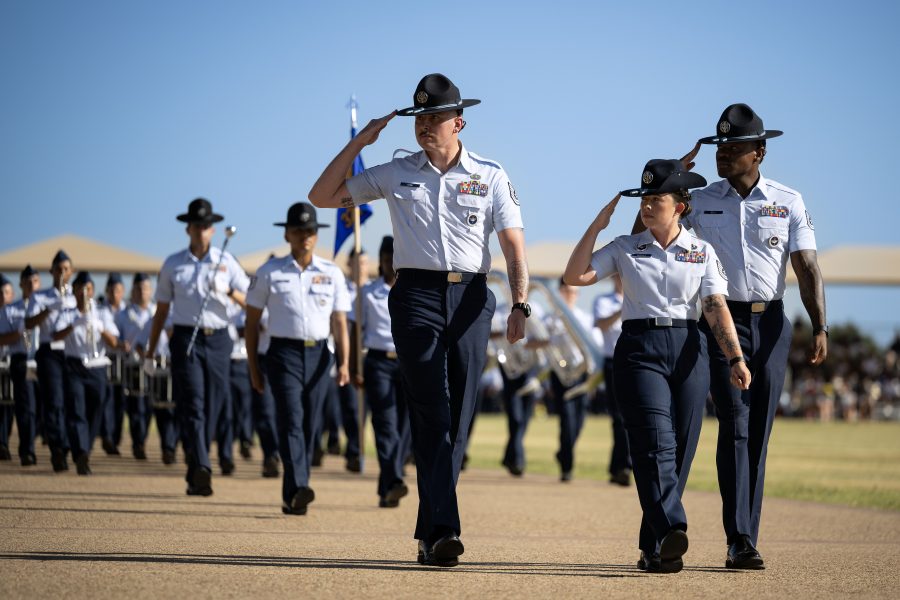Air Force sergeants will soon have a more direct path to become training instructors, recruiters, and first sergeants in an effort to give Airmen more control over their careers, the service announced Sept. 30.
Currently, Airmen cannot volunteer for developmental duties unless their local command nominates them first and their career field manager gives the greenlight.
“It could actually go as far as they could get [nominated], and then their career field manager could say ‘right now isn’t the best time for you. We need you here,’” an Air Force spokesperson told Air & Space Forces Magazine.
But beginning Oct. 1, Airmen can apply directly through the service’s Talent Marketplace for the following career developmental duties:
- Academy Military Training Noncommissioned Officer
- Military Training Instructor
- Military Training leader
- Officer Accessions Instructor
- First Sergeant
- Professional Military Education Instructor for the Air Force Noncommissioned Officer and Senior Noncommissioned Officer academies
- Recruiter
The new, streamlined process will allow Airmen to volunteer for a specific job on the marketplace as long as there are still open personnel slots in that career field for that fiscal quarter, the service’s announcement states.
“It gives Airmen more say in what their next step is, especially if they are feeling passionate about one of those developmental duties,” the spokesperson said.
Developmental duties, such as training instructor jobs, can be important for career development, but they are often viewed as a lateral career move. In July 2023, then-Chief Master Sergeant of the Air Force JoAnne Bass listed reforming developmental special duties as one of her top priorities for keeping talented Airmen in the Air Force. It’s still unclear if this new process is the result of any reform efforts.
Once an Airmen has volunteered through the marketplace, a developmental duty hiring team will screen their application, comparing it with a pool of other applicants to find “best fit for the post,” the announcement states.
After the hiring team makes its selection, an Airman’s leadership will still have the chance to review the application and personnel records before making a recommendation to the owners of the specific career field on whether they feel the applicant is suited for the job, according to the announcement.
But the leadership can only make a recommendation; the final decision rests with the command overseeing the duty assignment.
“The leadership can make a recommendation on whether that Airman is a good fit for the duty, but that doesn’t give them an opportunity to say ‘yes or no, they can or cannot do it,’” the spokesperson said. “The only way that they can say ‘no, you can’t do it’ is if there have been too many people in that career field who have already been released for a developmental opportunity.”





